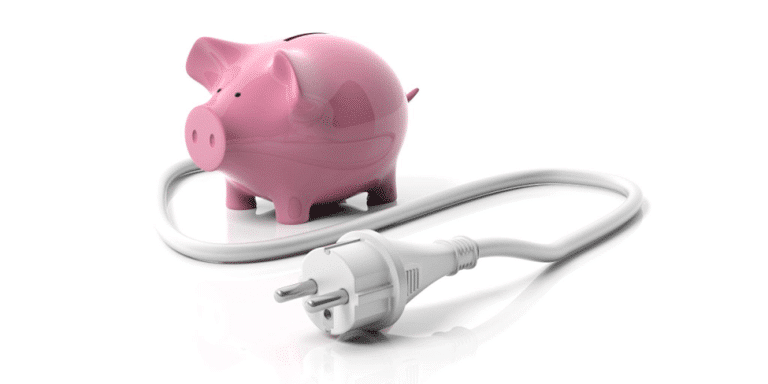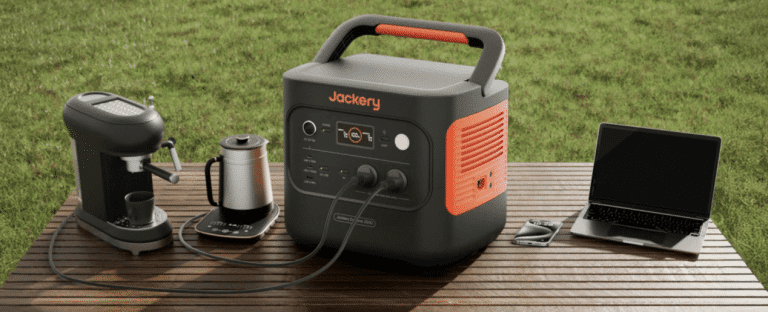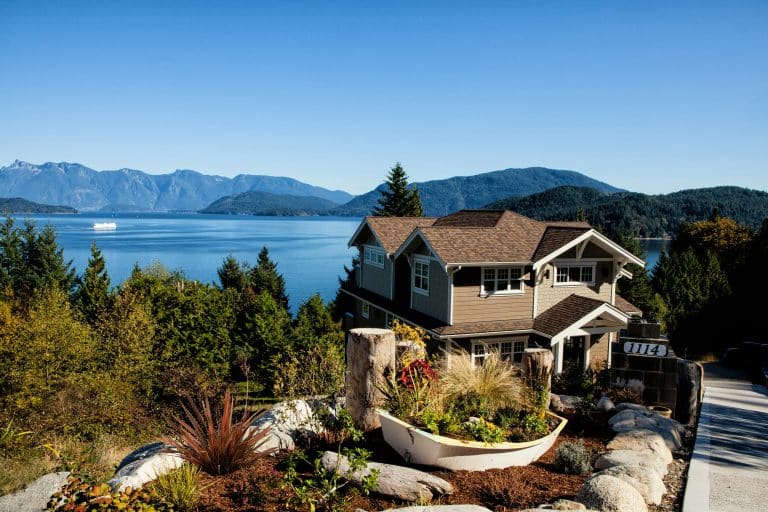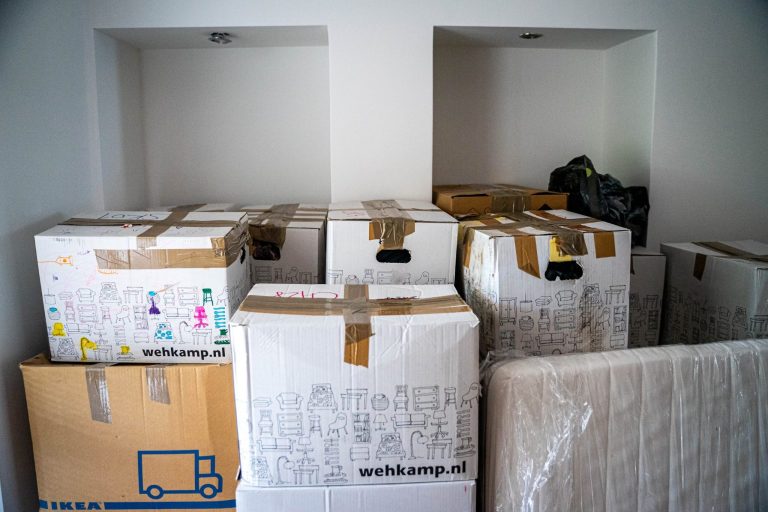Electricity costs in Canberra have been steadily on the rise, leaving many households looking for effective ways to mitigate these expenses. The drive towards energy efficiency isn’t just about saving money—it’s also about creating a sustainable living environment.
Indeed, energy-saving home upgrades offer a dual advantage: they reduce utility bills while also promoting environmental stewardship.
Home improvements aimed at enhancing energy efficiency can significantly lower electricity bills. From upgrading appliances to improving insulation, various strategies can be employed to make one’s home more energy-efficient.
This article delves into actionable tips to help Canberra residents cut down their electricity expenses through feasible home improvements.
Upgrade to Energy-Efficient Appliances
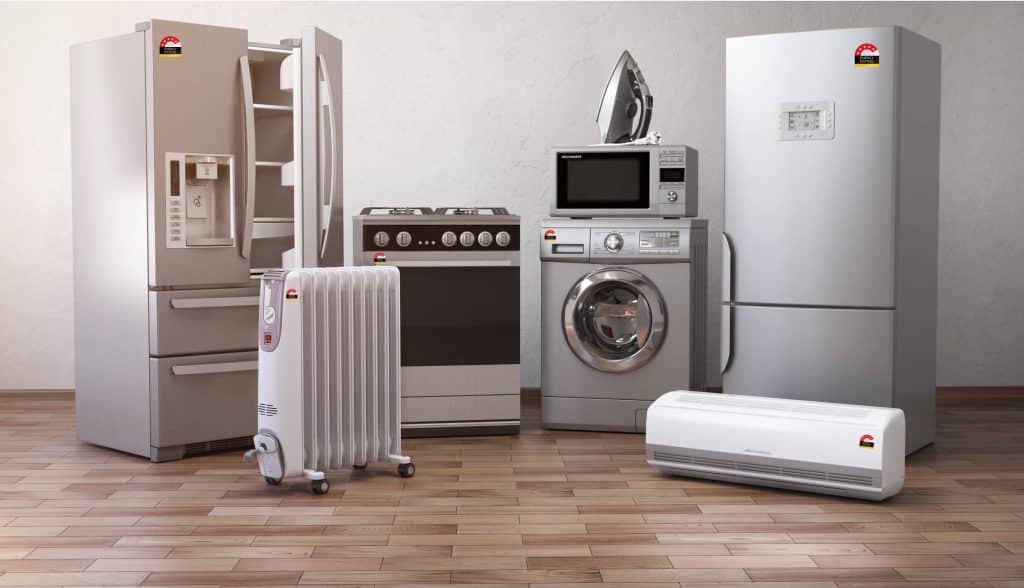
When considering ways to cut down on electricity bills, attention should be given to appliances that frequently consume high amounts of electricity. Among the common culprits are refrigerators, washing machines, dishwashers, ovens, and air conditioners. These essential household devices can add substantially to monthly utility bills.
Switching to Energy Star-rated appliances can lead to considerable savings. Energy Star appliances are certified to be more energy-efficient compared to their non-rated counterparts. These ratings are backed by rigorous testing, ensuring that the appliances do indeed offer better energy consumption metrics.
Investing in energy-efficient appliances can result in significant cost savings over time. For instance, switching to an Energy Star-rated refrigerator can save up to 15% on electricity. Similarly, energy-efficient washing machines can use up to 25% less energy and 45% less water, translating to lower utility bills in the long run.
While the initial cost of energy-efficient appliances might be higher, the return on investment is noticeable through reduced electricity bills. Over the lifespan of the appliance, the savings can more than make up for the initial expense. When selecting energy-efficient models, it’s advisable to compare energy ratings and look for features such as energy-saving modes and timers.
Optimise Heating and Cooling Systems
In Canberra, where the climate can vary drastically from hot summers to chilly winters, optimising heating and cooling systems is crucial. Homes that are not properly insulated can lose a significant amount of heat in the winter and cool air in the summer, leading to higher energy consumption.
Effective insulation is a key factor in reducing heating and cooling costs. Insulating walls, attics, and floors can make a considerable difference in maintaining indoor temperatures. Canberra’s climate demands a well-insulated home to keep the heat in during winter and out during summer.
Using energy-efficient HVAC systems is another important step. Modern HVAC units are designed to consume less energy while providing effective heating and cooling. Regular maintenance, such as cleaning or replacing filters, can ensure the system runs efficiently. Additionally, ensuring that there are no leaks in the ductwork can prevent energy loss.
Smart thermostats play a vital role in managing energy consumption. These devices allow homeowners to set heating and cooling schedules, adjust temperatures remotely, and receive energy usage reports. By programming the thermostat to reduce heating or cooling when the home is unoccupied, significant energy savings can be achieved.
Implement Solar Energy Solutions
Solar energy adoption has seen a considerable uptick in Canberra, thanks to its abundant sunshine and supportive incentives. Installing solar panels can drastically reduce electricity bills by harnessing the power of the sun to generate electricity.
The cost-benefit analysis of installing solar panels reveals promising results. Though the initial setup can be expensive, the long-term benefits include significantly lower electricity bills and the potential to even earn credit through feed-in tariffs when excess energy is fed back into the grid. Typically, a well-maintained solar panel system will pay for itself within several years.
The Canberra government offers various incentives and rebates to encourage solar energy adoption. These financial incentives can considerably reduce the initial investment cost, making solar panels a more attractive option for homeowners.
To maintain long-term solar energy efficiency, regular cleaning of the panels and periodic inspections are necessary. Keeping them free from debris and ensuring they are angled correctly towards the sun optimises energy capture and prolongs the system’s lifespan.
Improve Home Insulation
Proper home insulation is paramount in Canberra’s varied climate. There are several types of insulation that can be particularly effective: batts, rolls, loose-fill, and spray foam. Each type has its advantages depending on the area of the house and the specific insulation needs.
Insulating attics and walls can prevent heat transfer, thereby reducing the need for constant heating or cooling. An adequately insulated home retains internal temperatures more effectively, resulting in lower energy consumption and reduced electricity bills.
Homeowners can choose between DIY insulation projects and professional installation. While DIY insulation can be more cost-effective upfront, professional installation ensures optimal results and adheres to local building codes. It’s often recommended to consult with a professional to assess the home’s insulation needs adequately.
In addition to insulating walls and attics, windows and doors should not be neglected. Installing double-glazed windows and using draft stoppers can prevent heat loss and air infiltration. Weather stripping around doors can also seal gaps that could otherwise allow drafts into the home.
Utilise Smart Home Technology
Smart home technology has revolutionised the way homes can be managed for energy efficiency. Devices such as smart lighting, plugs, and timers can significantly cut down on electricity consumption.
Smart lighting systems allow homeowners to control their lights remotely or set schedules for when lights should be on or off. Motion sensors can also be integrated to ensure lights are only on when a room is occupied. This helps to eliminate the common issue of lights being left on unnecessarily.
Smart plugs and timers enable greater control over various appliances. These devices can be used to turn off electronics that are not in use or to run appliances during off-peak hours when electricity rates might be lower.
Integration of smart devices with home systems creates a cohesive network allowing for more streamlined energy management. For example, smart thermostats can be paired with smart vents to direct airflow more efficiently, ensuring consistent temperatures throughout the house.
The long-term benefits of smart home technology include not only financial savings but also a reduced environmental footprint. By consciously managing energy use, homeowners contribute to broader sustainability efforts.
Conclusion
Homeowners can also explore energy-saving home upgrades in Canberra as a way to improve insulation and overall energy efficiency. By upgrading to energy-efficient appliances, optimising heating and cooling systems, adopting solar energy solutions, improving home insulation, and utilising smart home technology, significant energy savings can be realised.
Implementing these changes might require an initial investment, but the long-term benefits far outweigh the costs. Lower electricity bills, a reduced environmental footprint, and an increase in overall home comfort are compelling reasons to start making these energy-saving improvements today.
Energy-efficient home upgrades in Canberra are not just about cutting costs—they’re about fostering a sustainable lifestyle that benefits both individuals and the community at large.
By taking proactive steps, homeowners can enjoy substantial financial savings and contribute to a greener future. Consider exploring these home improvement options and take the first step toward a more energy-efficient home.

